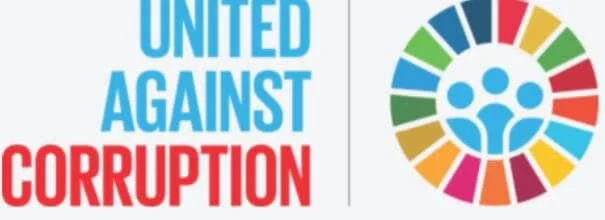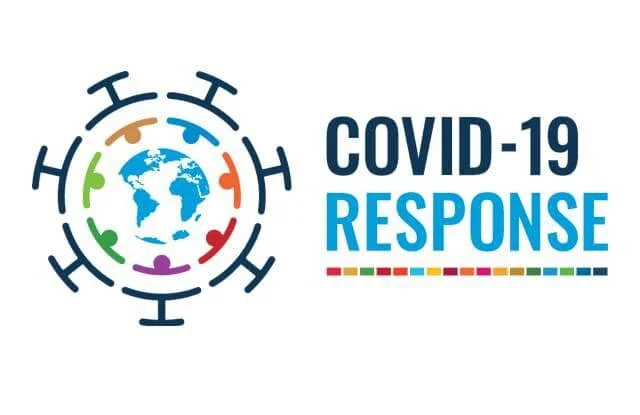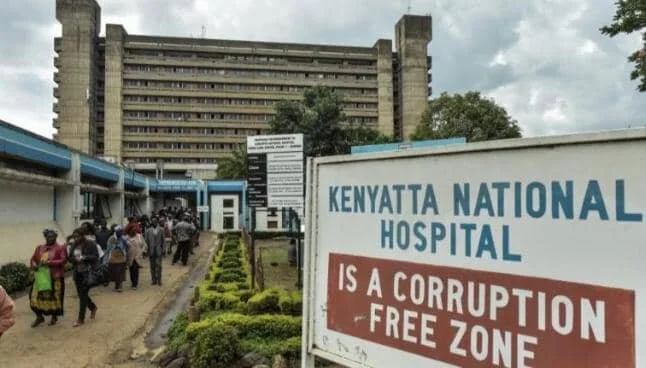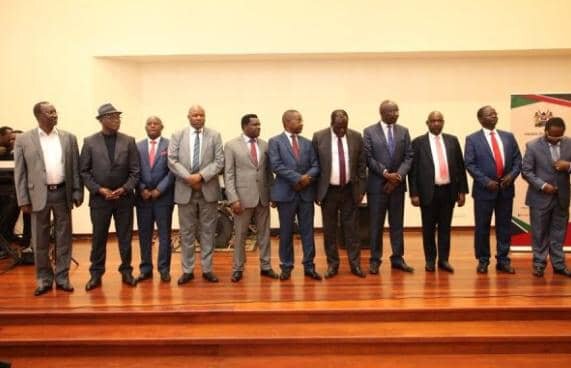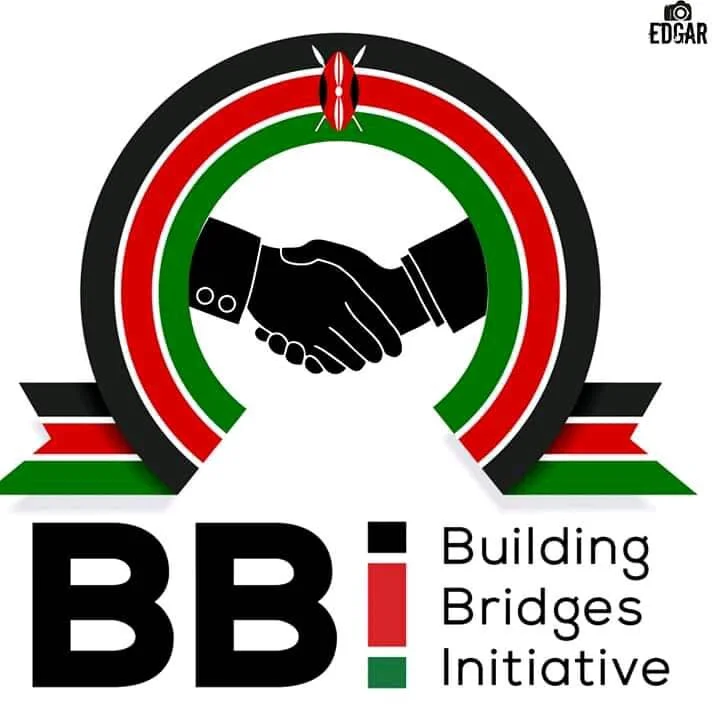Soft and hard corruption practices are deeply rooted in many systems and policies in the world. Even with active policies and structures to reduce corruption, accountability and transparency have to be deeply rooted in the values and culture of a nation. Coronavirus pandemic has tested the limits that countries have on integrity. More tests in form of economic frustrations and political uncertainty among others will continue to challenge the beliefs that people and their leaders have. It is upon institutions to create robust systems that eradicate systemic corruption and vows for a fair and justifiable life.
Petition On Measures To Institute Transparency And Accountability In COVID-19 Procurement
We have noted with great concern, gaps in transparency, and accountability by government agencies charged with managing COVID-19 resources. The National Treasury in the spirit of conforming to the Presidential Directive should issue a policy directive in the next 30 days, that allows the Public Procurement Regulatory Authority (PPRA) to recommend sanctions against procuring entities that fail to comply with the Executive Order No. 2 of 2018.
Joint Press Statement: Institute Immediate Measures To Guarantee Integrity, Transparency And Accountability In COVID-19 Response Efforts.
Citizens have a right to participate in the making of decisions that affect their lives. Being open and transparent, and involving those affected in decision-making is key to ensuring people participate in measures designed to protect their own health and that of the wider population. We have noted with great concern, gaps in transparency, and accountability by government agencies charged with managing COVID-19 resources.
Press Release: Corruption In The Health Sector Is Negatively Affecting Realization Of The Right To Health
There have been numerous reports on corruption cases and lack of transparency in the health sector for a significant period of time (or we could say for almost a decade) as detailed in this matrix. In almost all of these cases, no conclusive investigations have been conducted nor have any prosecutions been undertaken. Consequently, no convictions have taken place, but in certain instances, money has been paid back to the donors using tax payers’ money.
Imperatives For Policing Transformation: An Initial Response To Building Bridges Initiatives Implementation Road Map
The proposed Council further undermines the independence of the Office of the Inspector General. The current proposal envisages a Council chaired by the Internal Security Cabinet Secretary, Internal Security Principal Secretary, Police Inspector General, and two senior members of the National Police Service all appointed by the President. Should this proposal pass in its current form, the country will be predictably returned to an era when the police acted and were perceived as an extension of the ruling executive.
Katiba At 10: Youth
Before the coming into force of the 2010 Constitution, the youth were a highly neglected part of the Kenyan society in terms of the laws put in place to ensure their protection and representation. For instance, the most notorious clause in this law was the anti-discrimination clause, Section 82, which excluded age as a ground for discrimination. In this law, age was only mentioned as a cap for retiring from and qualifying for certain positions or as a justification for the limitation of certain rights.
Katiba At 10: Corruption
Kenya has been waging war against corruption since it became an independent state. Almost every socio-economic challenge grappled by Kenyans can be linked to the corruption menace. Graft had been ill to Kenyan society during Mzee Kenyatta’s presidency where corruption was isolated and only those close to the executive arm got a piece of the illicit cake. Since then, corruption has morphed and permeated a majority of institutions beyond the executive arm.

